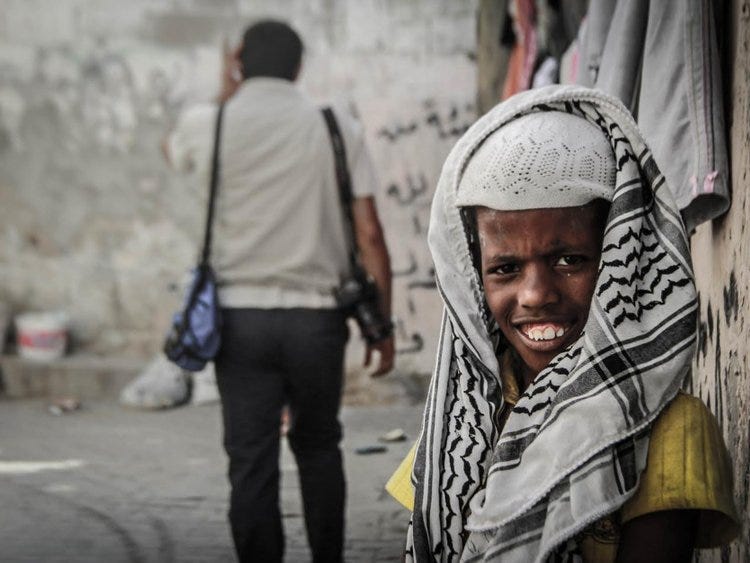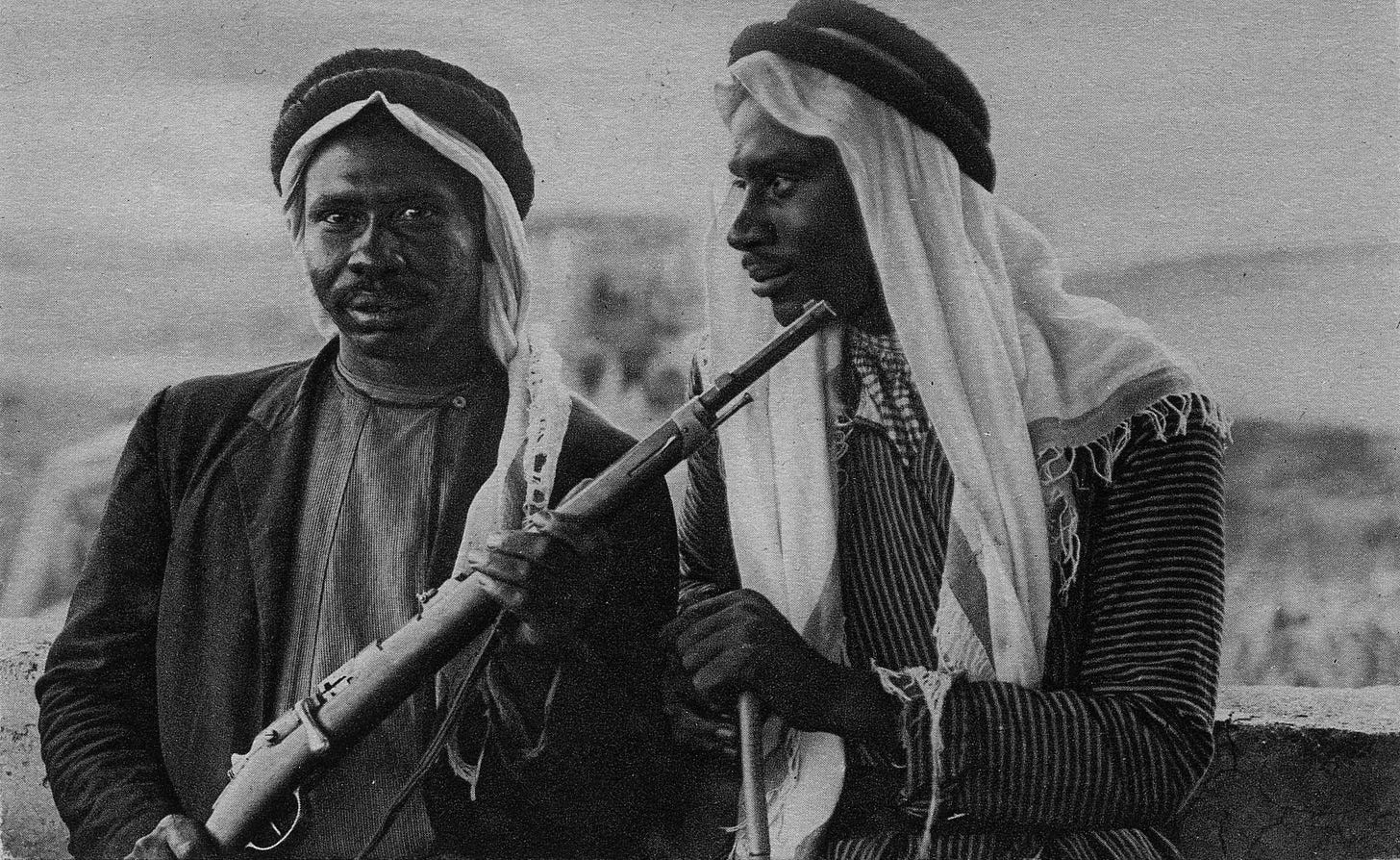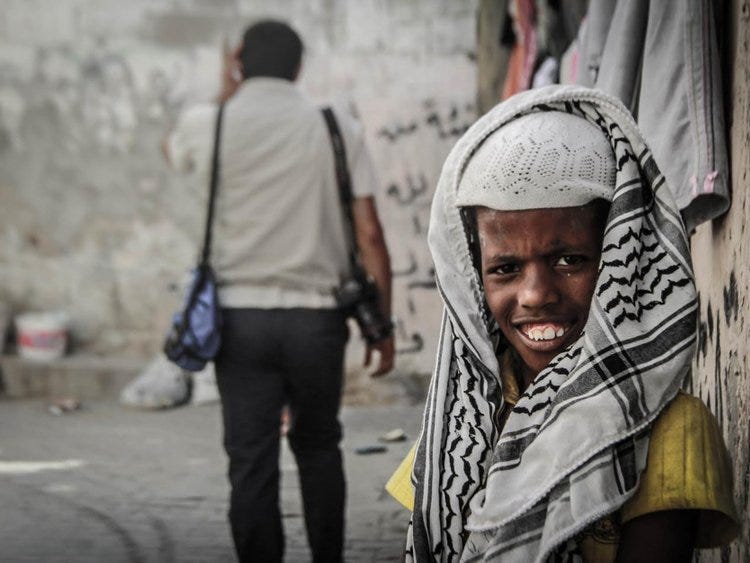In the heart of the West Bank, where the struggles for justice and identity intersect, a vibrant community of Afro-Palestinians adds a unique layer to the complex tapestry of Palestinian life.
Often overlooked in mainstream narratives, the Afro-Palestinian experience is a testament to resilience, strength, and the intersectionality that defines their existence. Particularly now, as Palestinians at large face ethnic cleansing on the ground and erasure from history, Afro-Palestinian life is a thread that manifests the eccentricity of a people stereotype as a monolithic bloc.
Afro-Palestinians trace their roots to historic connections between the Arab world and the African continent, with many members of this community being descendants of African migrants who arrived in the region centuries ago. The echoes of their heritage reverberate through the streets of towns and villages, intertwining with the struggle for Palestinian liberation.
Their origins lie in “Nigeria, Chad, Senegal and Sudan,” the majority still “reside in the Muslim Quarter of the Old City, adjacent to the Al-Aqsa Mosque compound. The Afro-Palestinian neighbourhood is not the easiest to find, accessible only through an Israeli police checkpoint where officers interrogate anyone who is not from the local community.”
In the West Bank, Afro-Palestinians face a unique set of challenges, both within Palestinian society and as part of the broader Israeli-Palestinian conflict. Their experiences offer a lens through which we can examine the intersections of race, ethnicity, and national identity in a region where these elements are deeply entwined.
The Afro-Palestinian story is also one of cultural resilience. Particularly during the moment of genocide in Gaza and accelerated ethnic cleansing programs in the West Bank. This community, too, faces prevailing and also a unique set of threats.
Despite the challenges, this community has managed to preserve its rich cultural heritage, contributing to the diversity of Palestinian traditions. Music, dance, and storytelling serve as powerful mediums through which Afro-Palestinians express their identity and resist erasure.
Within the broader context of the Israeli-Palestinian conflict, Afro-Palestinians grapple with the impact of occupation on their daily lives. The intersectionality of their identity adds complexity to their struggle, as they navigate the challenges of displacement, discrimination, anti-Black racism, and the broader quest for justice alongside their Palestinian brethren.
The Afro-Palestinian narrative in the West Bank offers a nuanced understanding of the intricate layers that make up the Palestinian struggle. By amplifying the voices of Afro-Palestinians and acknowledging their unique experiences, we move toward a more comprehensive and inclusive vision of justice in the region. Their story becomes a crucial chapter in the broader narrative of resistance, resilience, and the pursuit of self-determination in the face of adversity.
Especially now, as Israel’s military impunity flattens Palestinian life, we must not flatten the rich and eclectic tapestry of Palestinian culture, society, and identity along with it.
Khaled A. Beydoun is a law professor and author. He shares his daily insights on his socials at @khaledbeydoun.







Appreciate this article. It reveals how much is lacking in information, including scholarly research that is rarely gven full exposure. The History of WHY/HOW/WHAT are so-called people of African Descent who inhabited the territory that is now referred to as Palestine. SUGGESTION: Read the writings of Dr. Prof. CHEIK ANTA DIOP(who obtained the highest status of any acamadician--"Agregee" status from the University of Sorbonne--and taught there; also, Prof./Dr. IVAN VAN SERIMA, and Prof. Dr. Ben-Johannan--whose research and writings knowledge of basic History of the Peoples of the World..
This is a poorly written article. We learned nothing. I wanted to know more about this population and its relationship with Arab Palestinians and how the Israeli government treats them. Yeah, I can make assumptions but prefer not.